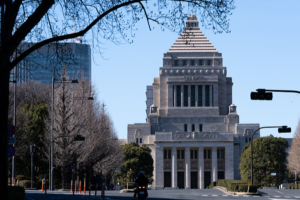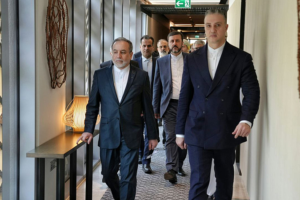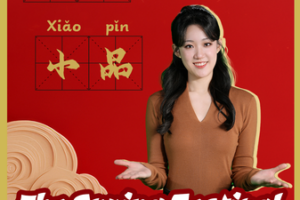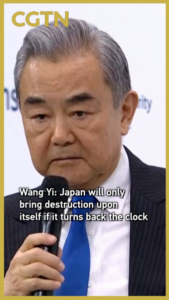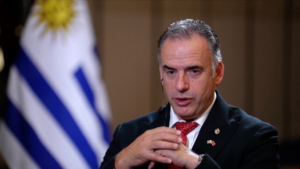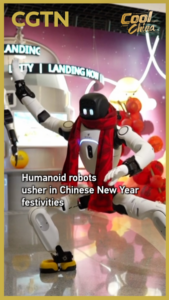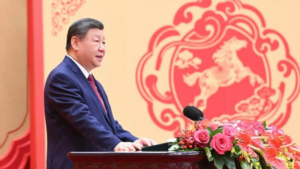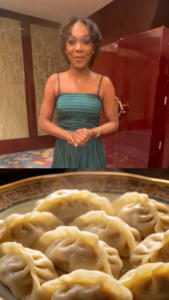
Canada Voices Concerns Over U.S. Immigration Enforcement Tactics
Canada expresses diplomatic concerns regarding recent ICE operations in Minnesota, highlighting cross-border implications and community impacts as enforcement tactics draw scrutiny.
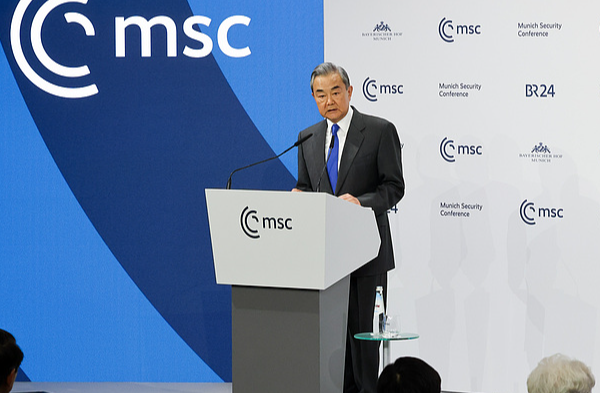
China Champions Multilateralism as Global Challenges Mount, FM Wang Tells Munich Conference
Chinese FM Wang Yi emphasizes China’s commitment to multilateralism and partnership with Europe amid rising global challenges at the Munich Security Conference.
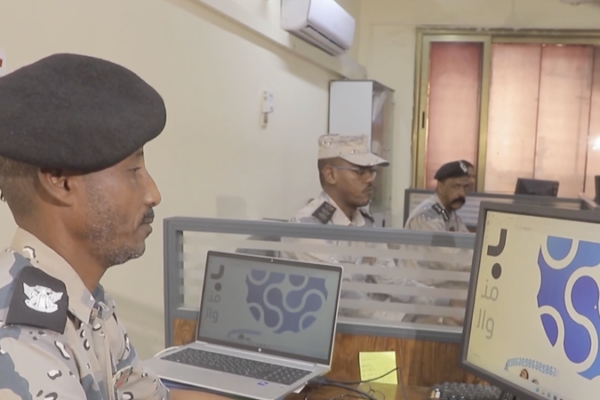
Sudan Advances Digital Governance Amid Ongoing Civil Conflict
Sudan launches Baladna platform to digitize 28 public services amid ongoing conflict, aiming to modernize governance despite infrastructure challenges.
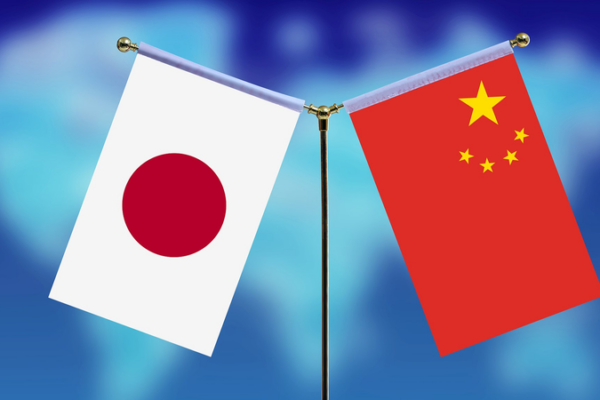
China’s Wang Yi Warns Japan Over Taiwan Remarks at Munich Conference
China’s top diplomat warns Japan against militarist rhetoric on Taiwan at global security forum, stressing historical lessons and regional stability.

Inside the CGTN Super Night Gift Box: A Fusion of Culture and Technology
Belarusian actress Anna reveals the 2026 CGTN Super Night gift box contents, blending cutting-edge technology with cultural artifacts to foster global connections.
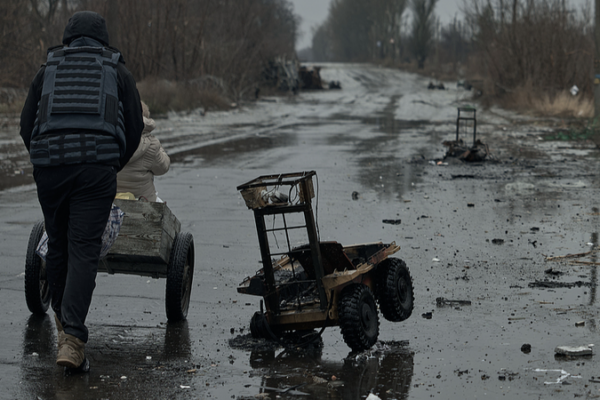
China Urges Dialogue to Resolve Global Conflicts, Backs Europe’s Role in Peace Talks
Chinese FM Wang Yi emphasizes dialogue over conflict resolution at Munich conference, urging Europe to play proactive role in Russia-Ukraine peace efforts.
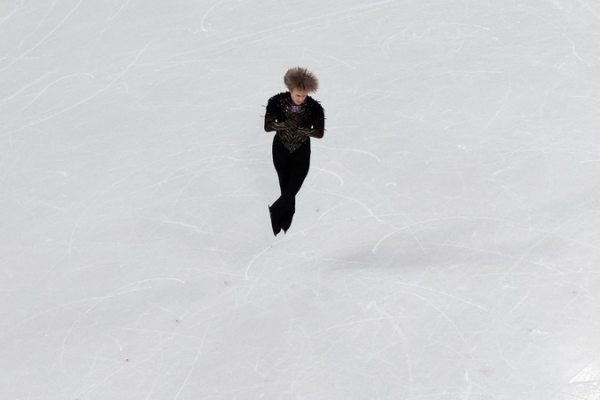
AI and Sensors Redefine Figure Skating at 2026 Winter Olympics
The 2026 Winter Olympics showcase AI and sensor technology revolutionizing figure skating judging and training, turning quadruple jumps into data-driven feats of precision engineering.
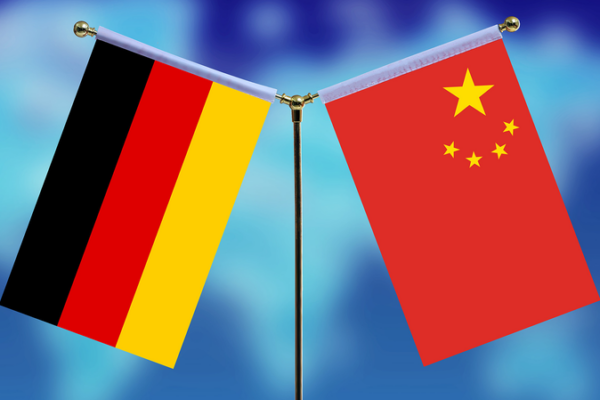
China and Germany Strengthen Strategic Partnership at Munich Conference
Chinese and German leaders reaffirm commitment to strategic partnership and economic collaboration during high-level talks at the Munich Security Conference.
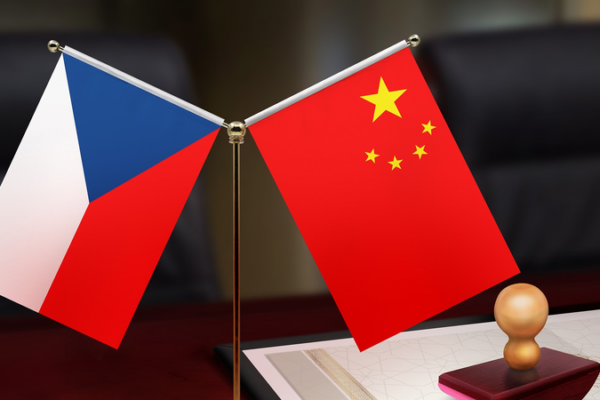
China, Czech Republic Seek to Revitalize Strategic Partnership
China and the Czech Republic commit to revitalizing their strategic partnership during high-level talks at the Munich Security Conference, emphasizing mutual interests and the one-China principle.
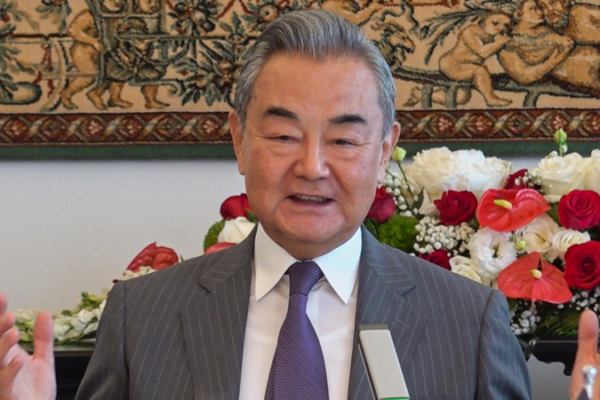
Wang Yi Urges China-Europe Partnership Over Rivalry at Munich Conference
Chinese FM Wang Yi emphasizes cooperation over competition with Europe at Munich Security Conference, citing $2B daily trade and shared multilateral goals.
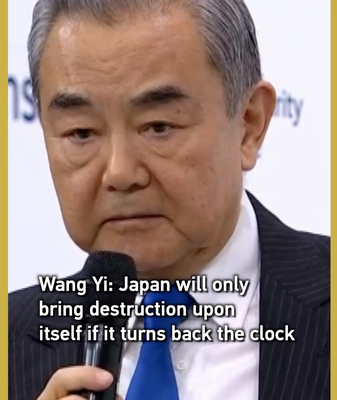
Wang Yi Warns Japan Against ‘Turning Back the Clock’ on Taiwan
Chinese Foreign Minister Wang Yi warns Japan against interfering in Taiwan affairs, stating such actions risk self-destruction and regional instability. #AsiaNews
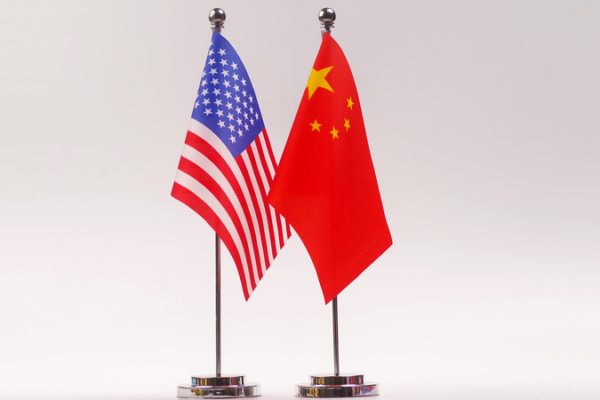
Wang Yi Stresses Cooperation as Key to China-U.S. Relations in Munich Address
Chinese Foreign Minister Wang Yi highlights the potential for China-U.S. cooperation, emphasizing mutual respect and shared global responsibilities at the Munich Security Conference.
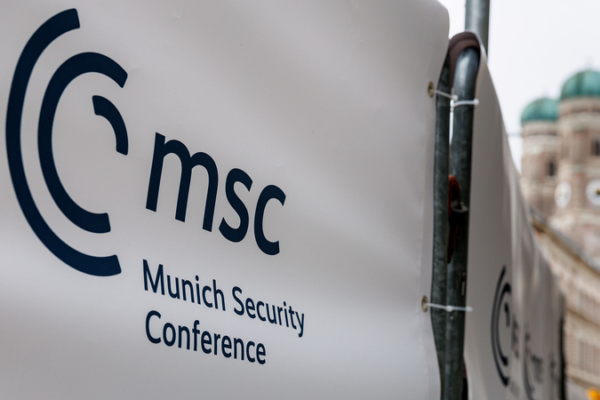
Wang Yi Urges Global Governance Reform at Munich Conference
Chinese FM Wang Yi outlines proposals for global governance reform at Munich Security Conference, emphasizing UN revitalization and multilateral cooperation for conflict resolution.
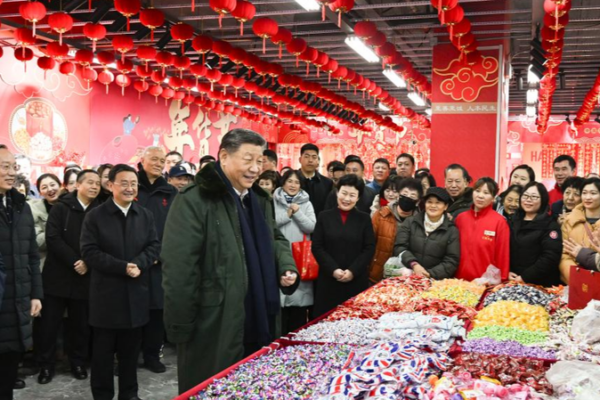
Xi Jinping’s Spring Festival Tradition: Connecting with Communities, Prioritizing Livelihoods
President Xi Jinping’s annual Spring Festival visits highlight his commitment to grassroots engagement and people-centric policies, reinforcing ties between leadership and communities.
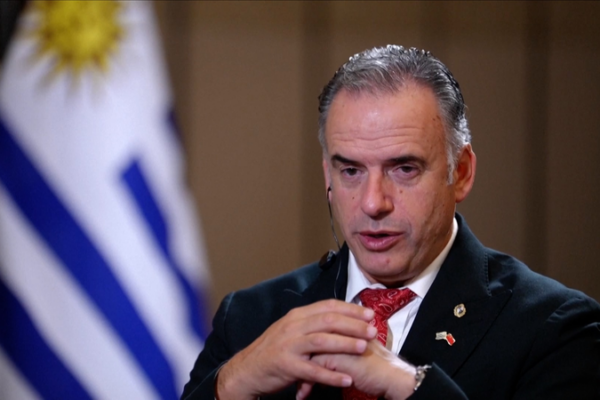
Uruguay, China Elevate Strategic Partnership in 2026
Uruguayan President Yamandu Orsi outlines plans to strengthen ties with China, emphasizing trade growth and regional influence in 2026 bilateral cooperation.

Humanoid Robots Celebrate Chinese New Year Across China in 2026
Humanoid robots join 2026 Lunar New Year celebrations across China, blending tradition with cutting-edge technology as the nation’s robotics industry accelerates.

Europe Pushes for Strategic Autonomy Amid Global Shifts
European leaders at the Munich Security Conference emphasize urgent need for strategic autonomy amid shifting global dynamics and strained transatlantic ties.
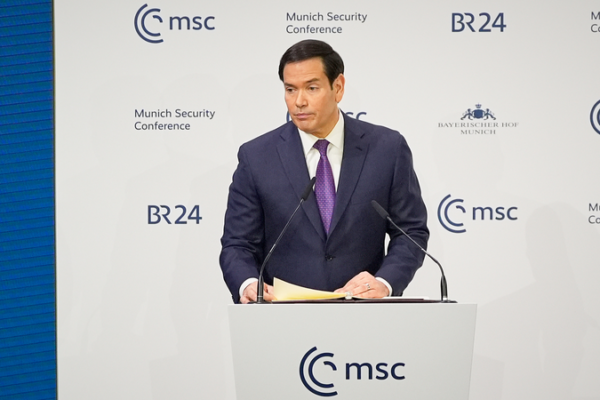
Rubio Stresses U.S.-Europe Unity Amid Calls for Alliance Reform
U.S. Secretary of State Marco Rubio emphasizes enduring U.S.-Europe ties at the Munich Security Conference while advocating for institutional reforms in transatlantic cooperation.
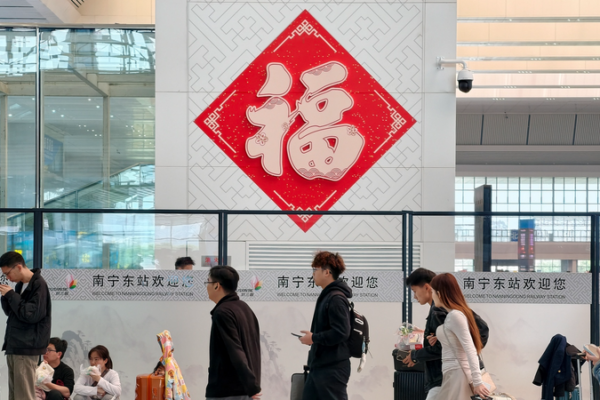
Chinese Premier Prioritizes Safety, Service During 2026 Spring Festival Travel Rush
Chinese Premier Li Qiang emphasizes enhanced transportation safety and tourism service quality during 2026 Spring Festival travel preparations, ensuring social stability and consumer protection.

Trump’s Greenland Ambitions Stir Political Controversy, Poll Reveals
A new AP-NORC poll shows 70% of Americans disapprove of Trump’s Greenland strategy, highlighting a rare rift within the Republican Party over Arctic policy.
